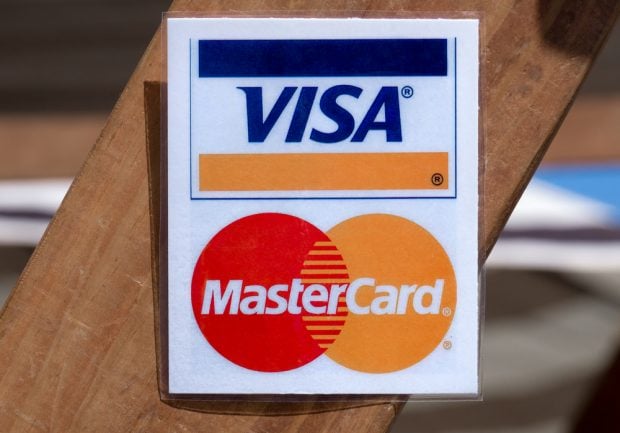Oct. 1st was the big day. On that day, U.S. merchants were required to be equipped to process payments made with EMV cards, a.k.a. chip cards, or face liability for fraudulent transactions that they accept. The big question is: Do EMV cards really solve anything?
Among the issues presented by EMV cards is the chip-and-signature versus chip-and-PIN debate. Some argued that chip-and-PIN, dominant outside the U.S., is more secure because it requires a PIN that presumably only the cardholder knows. However, recent reports showed that clever fraudsters figured out years ago how to bypass PIN security by secretly embedding a second chip of their own in stolen cards.
On the other hand, earlier that month, the FBI issued an endorsement of chip-and-PIN technology as the more secure option. According to the FBI statement, chip-and-signature, favored in the U.S. primarily because it's less disruptive for consumers, does nothing to prevent the type of fraud made famous by the Target breach.
Complete your profile to continue reading and get FREE access to CUTimes.com, part of your ALM digital membership.
Your access to unlimited CUTimes.com content isn’t changing.
Once you are an ALM digital member, you’ll receive:
- Critical CUTimes.com information including comprehensive product and service provider listings via the Marketplace Directory, CU Careers, resources from industry leaders, webcasts, and breaking news, analysis and more with our informative Newsletters.
- Exclusive discounts on ALM and CU Times events.
- Access to other award-winning ALM websites including Law.com and GlobeSt.com.
Already have an account? Sign In
© 2024 ALM Global, LLC, All Rights Reserved. Request academic re-use from www.copyright.com. All other uses, submit a request to [email protected]. For more information visit Asset & Logo Licensing.









